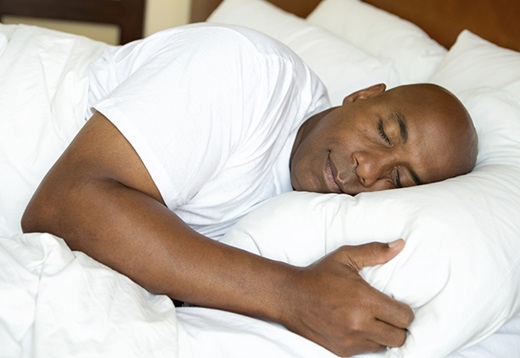Struggling to get a good night’s sleep?
Some habits you might not even realize are harming the quality of your sleep.
Sleep accounts for one-quarter to one-third of the human lifespan. But what exactly happens when you sleep?
Before the 1950s, most people believed sleep was a passive activity during which the body and brain were dormant. “But it turns out that sleep is a period during which the brain is engaged in a number of activities necessary to life—which are closely linked to quality of life,” says Johns Hopkins sleep expert and neurologist Mark Wu, M.D., Ph.D.

Let’s explore some surprising examples and solutions backed by research:
1️⃣ Eating spicy foods:
- Eating spicy foods before bedtime can cause heartburn and indigestion, leading to discomfort and poor sleep quality.
- Solution: Avoid spicy foods before bedtime or have them earlier in the day.
2️⃣ Over-exercising:
- While exercise is great for overall health, over-exercising or exercising too close to bedtime can lead to overstimulation, making it harder to fall asleep.
- Solution: Try to exercise earlier in the day or at least 3 hours before bedtime
3️⃣ Watching TV in bed:
- Watching TV in bed can lead to overstimulation, causing the brain to stay active and disrupting our natural sleep cycle.
- Solution: Avoid watching TV in bed or limit your screen time to at least an hour before bedtime.
4️⃣ Keeping a messy bedroom:
- A cluttered, disorganized bedroom can increase stress and anxiety levels, making it harder to relax and fall asleep.
- Solution: Keep your bedroom clean and tidy to promote relaxation and peaceful sleep.
5️⃣ Sleeping in a room that’s too warm:
- A warm room can cause discomfort and disrupt sleep quality.
- Solution: Keep your bedroom cool and comfortable, between 60-67°F.
6️⃣ Drinking alcohol:
- The alcohol in your system will mean you spend less time in the important Rapid Eye Movement (REM) stage of sleep, with the end result that you wake up feeling less refreshed.
- Even just a couple of drinks will have an effect.
7️⃣ Sleeping in on the weekends:
- Our bodies crave routine, so irregular sleep patterns can disrupt our natural sleep cycle.
- Solution: Try to establish a consistent sleep schedule, even on the weekends. Aim for 7-9 hours of sleep per night.




